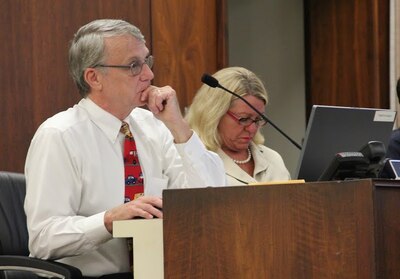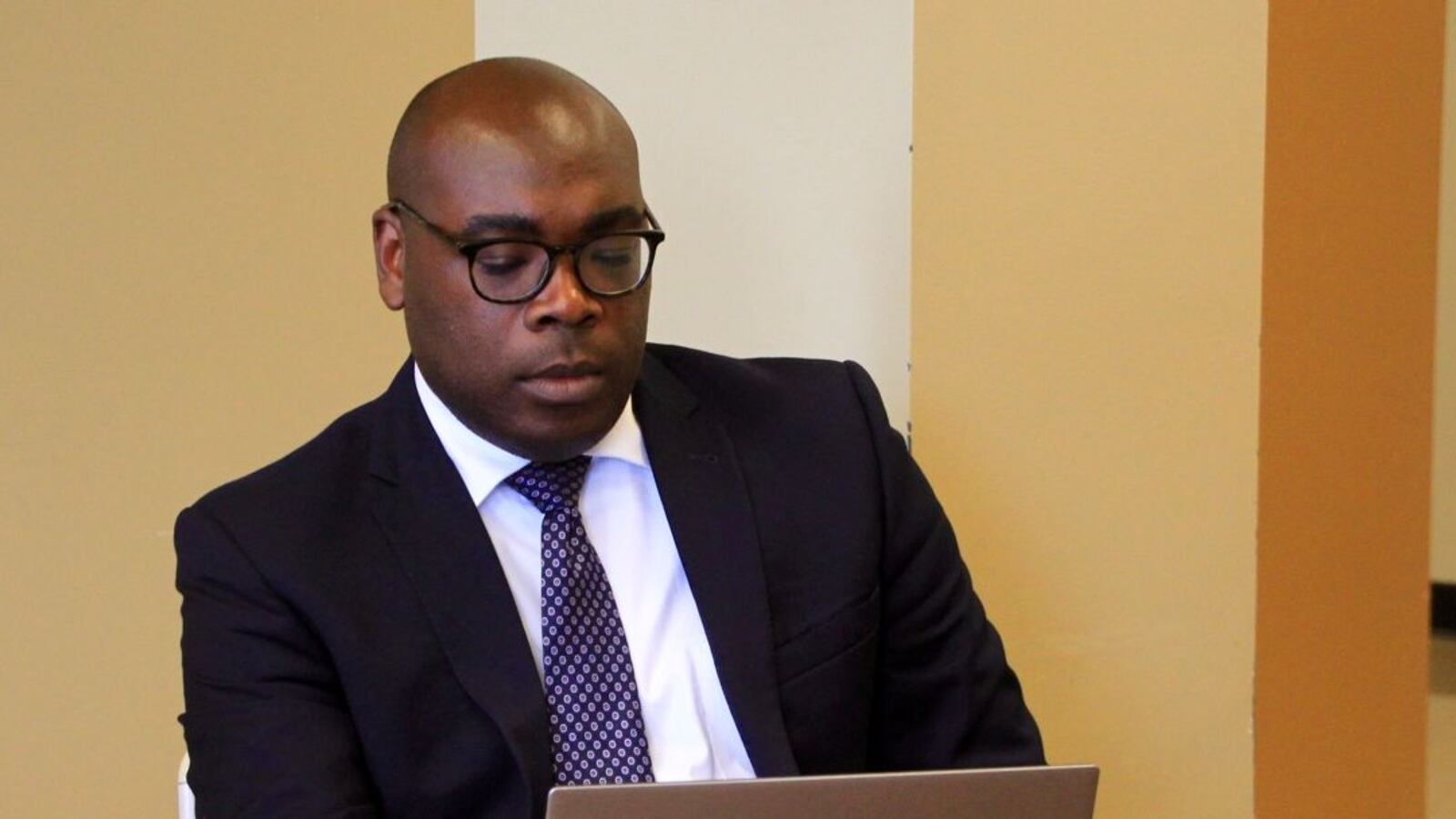After several years of tall deficits and short timelines, Shelby County Schools plans to extend its budget process, starting earlier in the year and allowing more time for input and advocacy from board members and community stakeholders.
Since the district consolidated in 2013, budget season has been rushed at best and haphazard at worst as Tennessee’s largest school system wrestled with declining enrollment and annual deficits in the tens of millions of dollars. The process generally kicked in early in the spring, necessitating a multitude of quick decisions about painful cuts before the start of the district’s fiscal year on July 1.
But the timeline would change under the budget calendar proposed by Chief Financial Officer Lin Johnson, hired last fall and now with his first budget season with Shelby County Schools under his belt.
The school board, which is expected to approve the stepped-up calendar Tuesday night, would receive a copy of the draft budget in January, more than two months earlier than the timeline used for the current fiscal year. To prepare those numbers, workshops could start as early as this November for teachers, parents, students and community members to weigh in on the district’s spending priorities.
Superintendent Dorsey Hopson told school board members last week that the calendar is the most detailed he’s seen in eight years of working for the district.

School Board Chairman Chris Caldwell, who heads the board’s budget committee, agreed. “It’s an attempt to be more methodical about the entire process and I think that’s a good thing,” he told Chalkbeat on Monday. “I would hope that would lead to a more informed budget process.”
By the end of October, district leadership expects to have budget projections based on student enrollment. Getting an early start on projections and community engagement could be crucial to Shelby County Schools gaining enough support for additional funding from local and state sources.
Under the proposed timeline, the school board would approve a final budget by late March and deliver it in April to the Shelby County Board of Commissioners, the local governing body that authorizes funding for education.
During the most recent budget season, the school board approved its final budget in late June on the eve of the new fiscal year after weeks of wrangling with county commissioners and an eleventh-hour win in receiving additional local funding.

